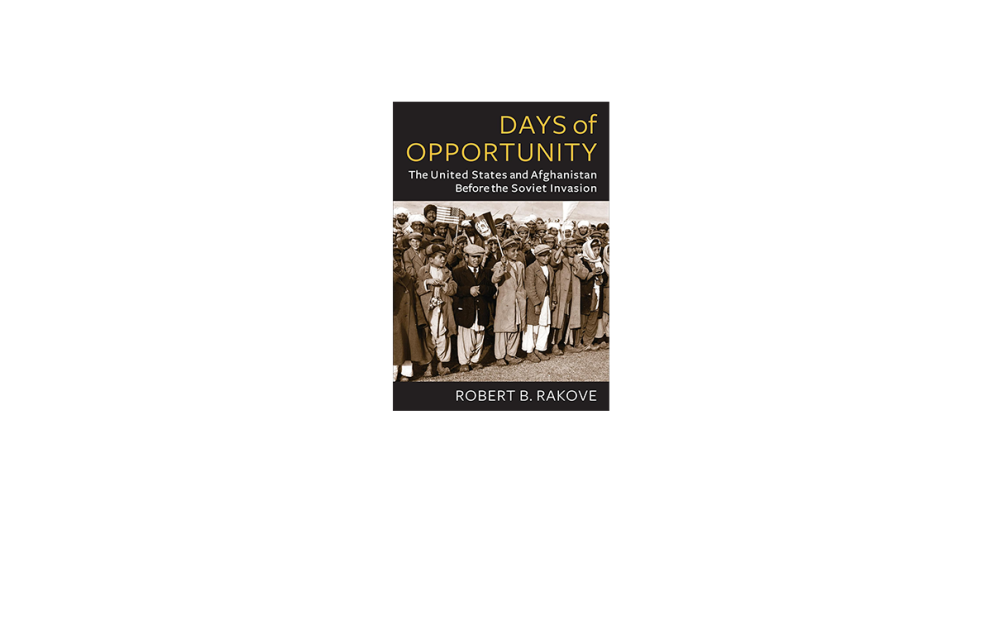Days of Opportunity: The United States and Afghanistan Before the Soviet Invasion

Within studies of the Cold War, US diplomacy in Afghanistan has long been overshadowed by Soviet policy. In Days of Opportunity, Robert Rakove elucidates the profound and far-reaching impact of American diplomats, aid workers and corporations, from the interwar years to 1979. Far from being marginal observers, Americans undertook significant, consequential efforts within Afghanistan. Their choices played a pivotal and tragic role in Afghanistan’s emergence as a violent battleground at the end of the 1970s.
Robert Rakove is a lecturer in international relations at Stanford University. He received his doctorate from the University of Virginia in 2008. He is also the author of Kennedy, Johnson, and the Nonaligned World, published in 2012 by Cambridge University Press. His favorite works of history include Mary Dudziak’s Cold War Civil Rights (2000), Fredrik Logevall’s Choosing War (1999), and Robert McMahon’s The Cold War on the Periphery (1994).
The Washington History Seminar is co-chaired by Eric Arnesen (George Washington University) and Christian Ostermann (Woodrow Wilson Center) and is organized jointly by the American Historical Association and the Woodrow Wilson Center's History and Public Policy Program. It meets weekly during the academic year. The seminar thanks its anonymous individual donors and institutional partner (the George Washington University History Department) for their continued support.
Speaker

Panelist

Hosted By

History and Public Policy Program
A leader in making key foreign policy records accessible and fostering informed scholarship, analysis, and discussion on international affairs, past and present. Read more
